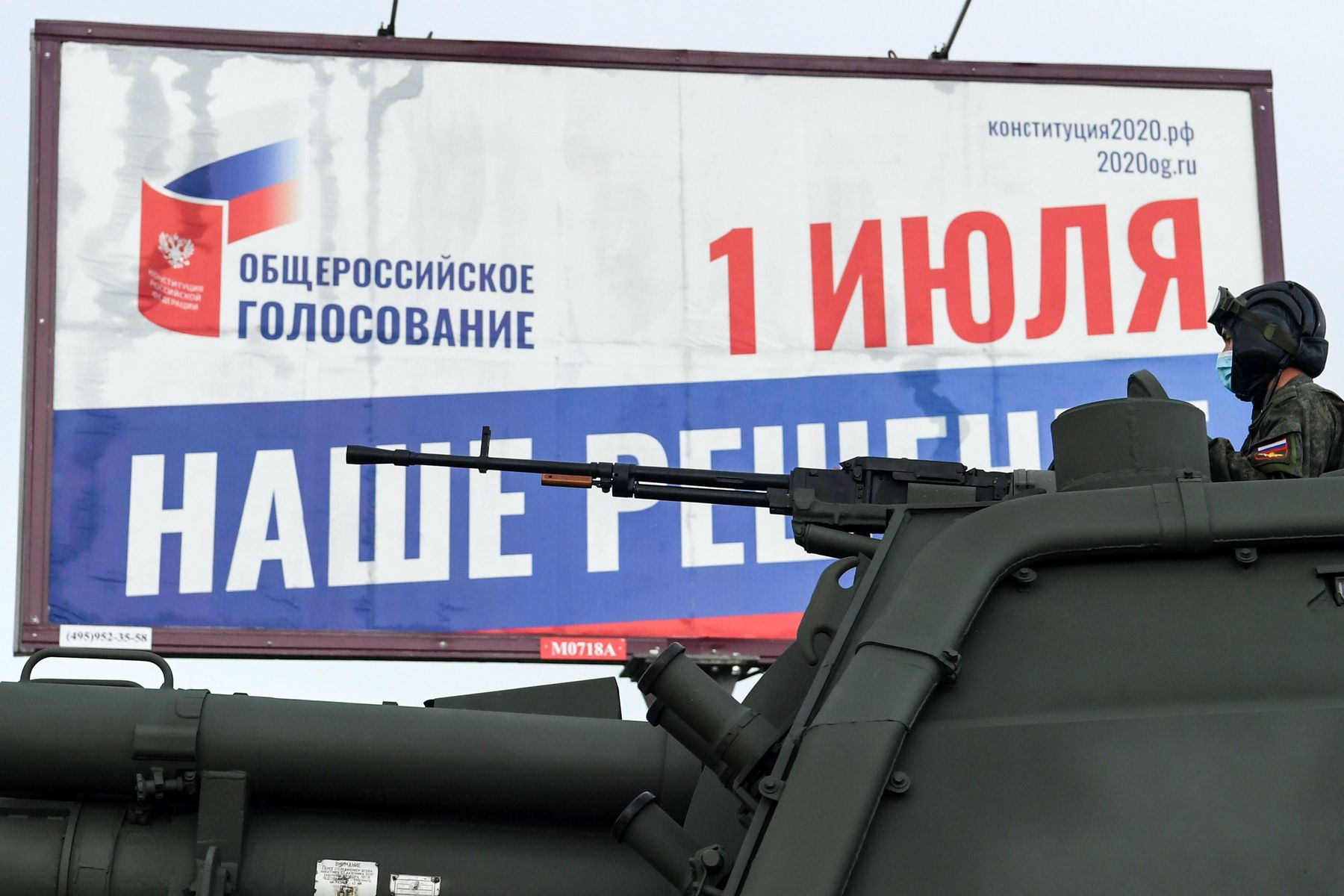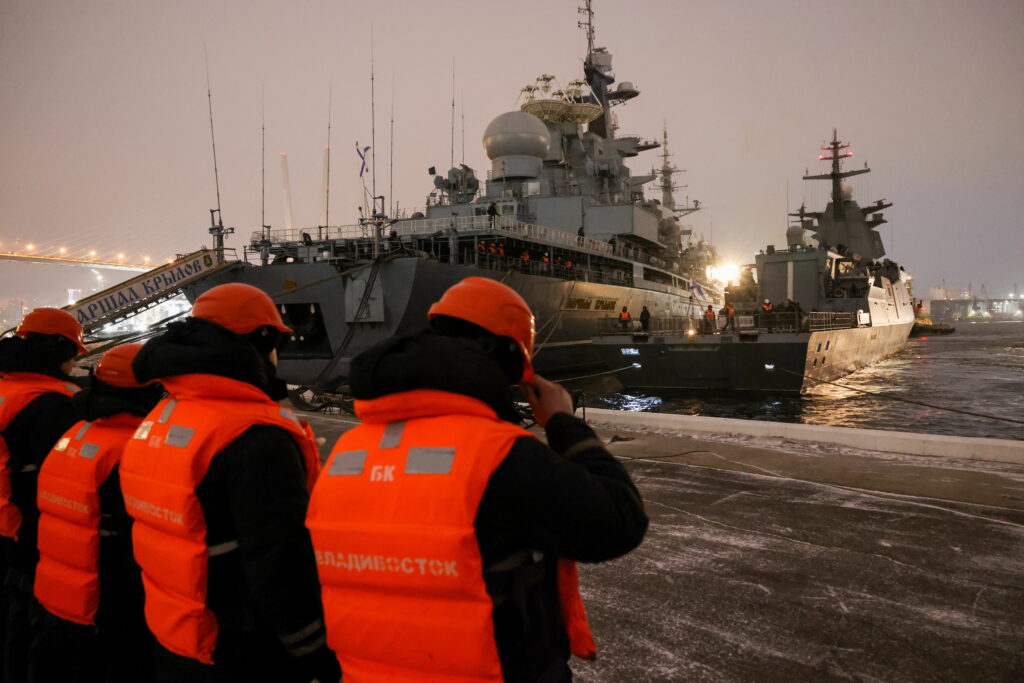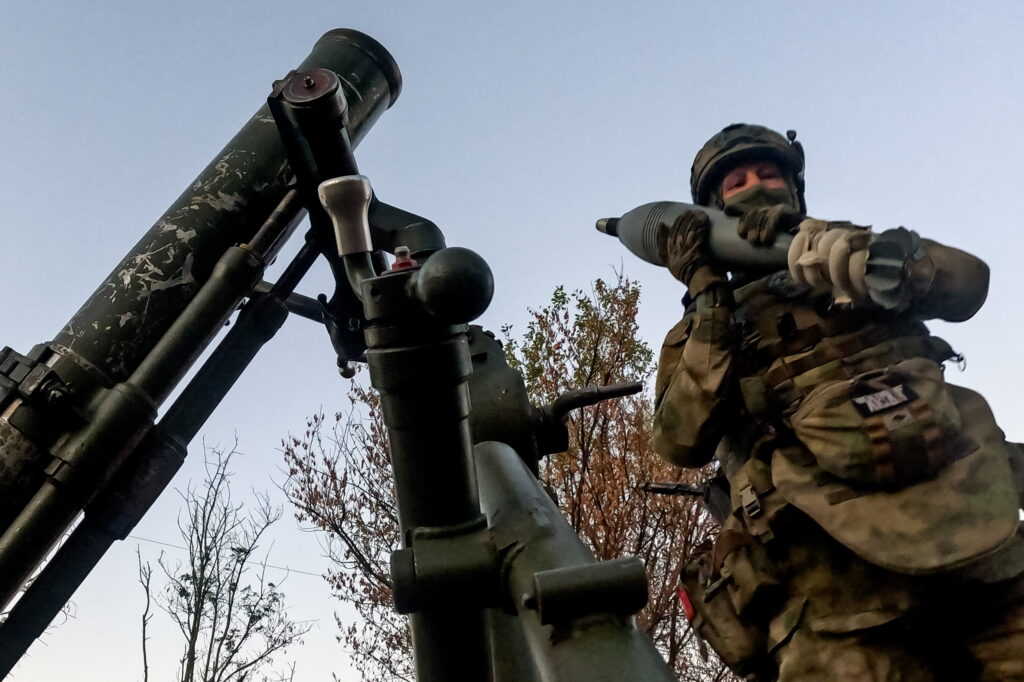Experts question both the procedure and the results of Russia’s recent vote on constitutional amendments. Officially, 77.92%, or more than 57.7mn people, were in favour of the amendments. 21.27% — more than 23.2mn voters n— were opposed. Turnout reached 67.97%, more than 74.2mn people.
Interestingly, a paradoxical situation occurred. In some specific locations, the percentage of those voting ‘no’ turned out to be abnormally high (see table 1). These spikes were not only in comparison with the nationwide results. They were also high compared to the surrounding regions where the polling stations were located (see table 2). These polling stations, in various parts of Russia, have one thing in common: members of the military, civilian defence personnel and their families vote there.
For example, 32.94% of voters said ‘no’ to Putin’s constitution in Sverdlovsk Oblast. In the same region, the number of dissenters reached from 40.92% to 51.03% in the closed town of Svobodny, home of the 42nd Rocket Division of the Strategic Missile Troops. The situation in the closed town of Zaozyorsk, Murmansk Oblast, home of a North Fleet submarine base, is similar: ‘No’ votes ranged from 43.91% to 50.14%, compared with 36.33% for the oblast as a whole.
To be fair, there are similar results in locations without military bases too. However, the military’s unusual voting results are worthy of attention. Troops are traditionally seen as loyal to the Russian authoritarian system. As a voting bloc, they usually vote as ordered.
Methodological issues
For this table below, data was collected in polling stations which according to open sources can be linked with a high degree of probability to military bases. At the same time, undoubtedly, the bases represent only a small portion of the Russian military, civilian personnel of military bases and their family members. In other words, an attempt to explain the existing ‘anomalies’ in voting by the military and extrapolate from the popular vote requires more research beyond the scope of this article. Besides, Russian military personnel do not always vote on their bases, especially if they have the opportunity to live outside them. In Russia, many bases are within towns or next to them. Such distribution blurs the votes of the armed forces.
There are also polling stations located on base territory which do not stand out against the backdrop of the artificially high approval of Putin’s version of the constitution. Novaya Zemlya would be one such example.
Whenever possible, all data are broken down into separate polling stations. However, for the closed towns of Alexandrovsk, Vilyuchinsk, Svetly and Severomorsk, aggregate data from territorial election commissions was obtained in order not to overload the final table.
Specifics of military voting
Organisation of any voting process in Russian garrisons is up to unit commanders as much as it is to the election commissions. Judging by the data, not all commanders had the opportunity or desire to motivate or force their subordinates to vote in favour of the Kremlin’s preferred option. Recruits definitely found it difficult to vote against the constitutional amendments: they are brought to polling stations in an organised manner. For the most recent vote, representatives of election commissions could hypothetically come to the barracks themselves. It is much more difficult to control voting by officers, warrant officers, sergeants, contract soldiers and their family members. Especially when we are talking not about separate military units amidst the taiga, but closed towns with the status of a closed administrative-territorial formation.
At the same time, direct vote-rigging at the level of precinct or territorial election commissions in garrisons and closed towns is limited if not absent. This comes down to two factors. First of all, unit commanders are reluctant to take on extra professional risk with their superiors and counterintelligence. Secondly, regional election commissions do not risk imposing the proper results on garrisons and closed towns, since their command and management are independent from the regional authorities. Additionally, members of precinct election commissions include civilian personnel of the Ministry of Defence and soldiers’ family members.
So the chances are that the higher percentage of ‘no’ votes (compared to the official national average) among some garrisons and closed towns is not an anomaly. Rather, it could be the result of voting in the absence of coercion and falsification. Hypothetically, voting at such polling stations can be treated as an indicator of Russians’ real attitude to the constitutional amendments. Notably, there were no such anomalies in military polling stations during the 2016 parliamentary and 2018 presidential elections. In other words, two years ago the Russian military, civilian personnel of military bases and their family members delivered the expected results in the absence of direct vote rigging. Now this is no longer the case everywhere. And these anomalies should have caught the eye of the Kremlin.
What made the military less than unanimous in their choice? What made so many defy orders and their own natural political conformism. One answer could be Putin fatigue, which is growing even in the army with the increasingly irritating, widening gap between propaganda and the real situation in the army. Whatever the explanation, this dataset makes for interesting reading.












